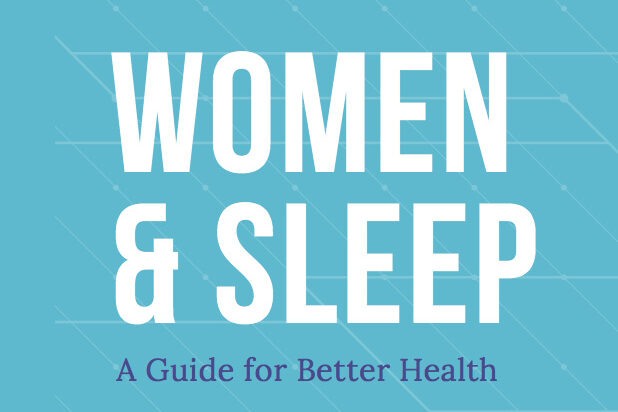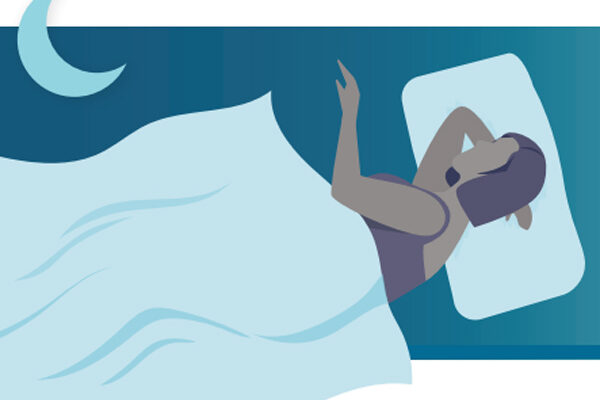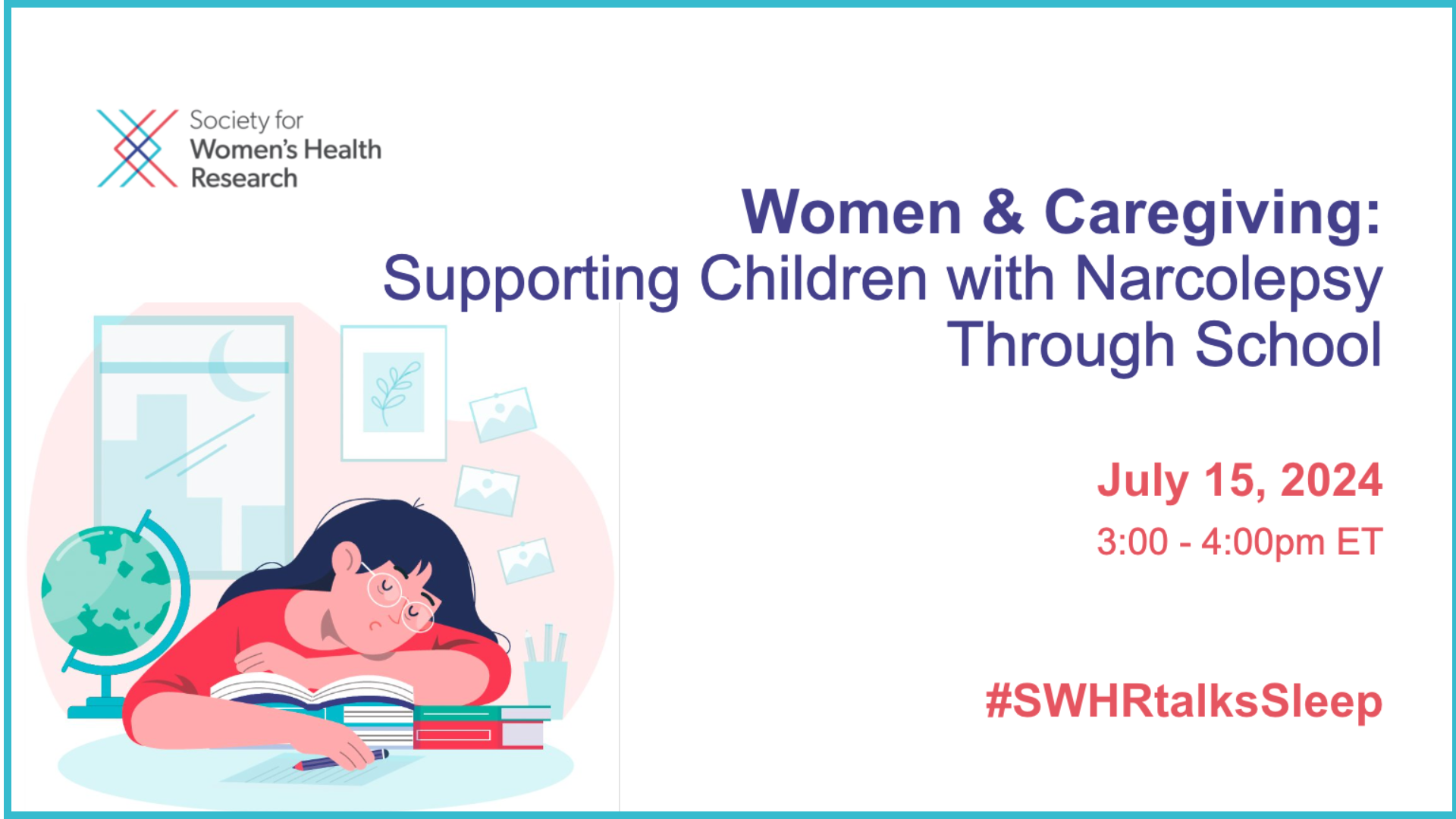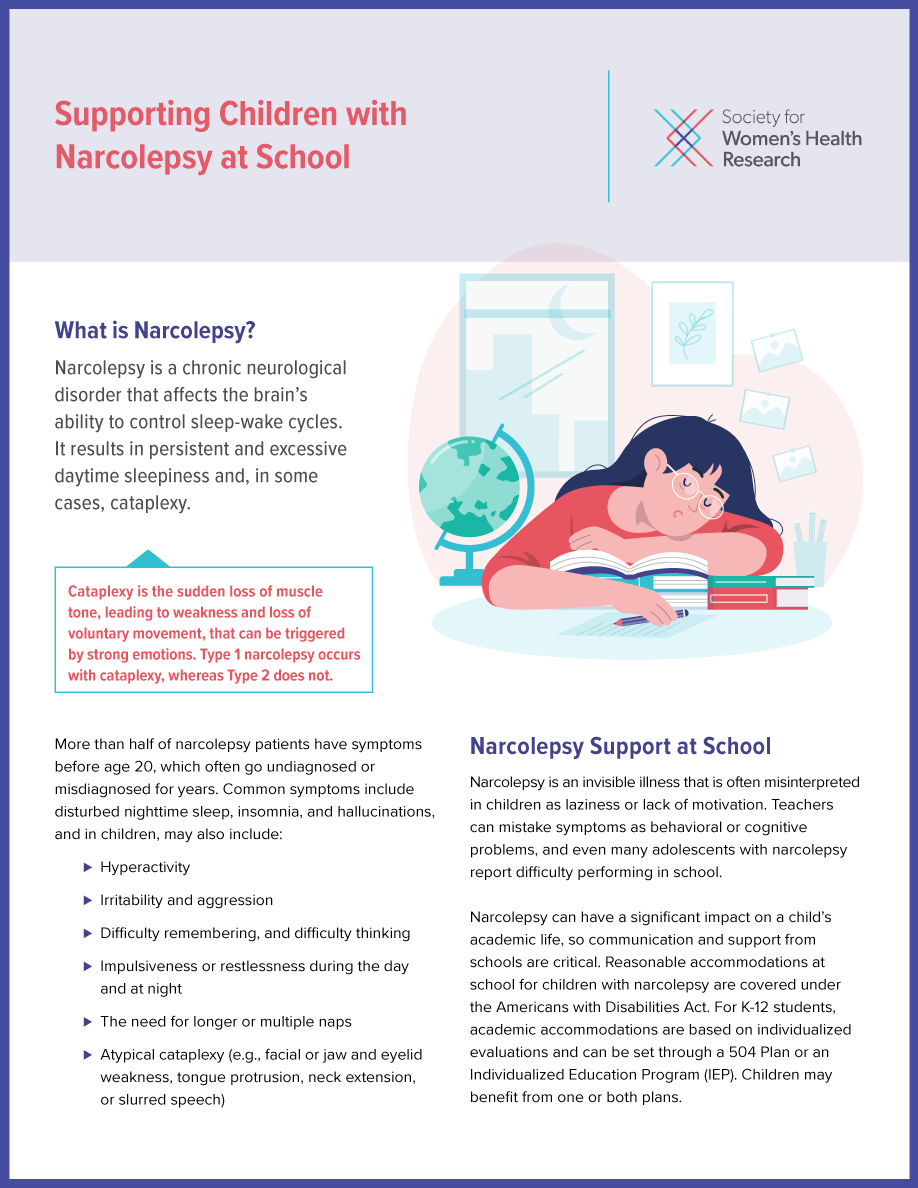Sleep is an essential function for overall health and well-being and aids in the body’s ability to maintain proper brain function and physical health. Research suggests a relationship between poor sleep and morbidity and mortality. Sleep disorders are global public health issues that are often unrecognized, under-reported, and incur high economic burden.
Sleep health is affected by many biological, social, and environmental factors, which are in turn influenced by a person’s sex and gender. For example, women and men may have the same sleep problems but present with different clinical symptoms. Nearly one in five women have sleep apnea, a disorder that affects daytime functioning. However, nine in 10 women with sleep apnea are not properly diagnosed because the signs of sleep apnea in women look different from the commonly recognized symptoms noted in men. In women, signs of sleep apnea are often mistaken for depression or menopause.
Sleep Health is part of the SWHR Sleep Health Network, which engages the following focus areas: Narcolepsy and Sleep Health.










